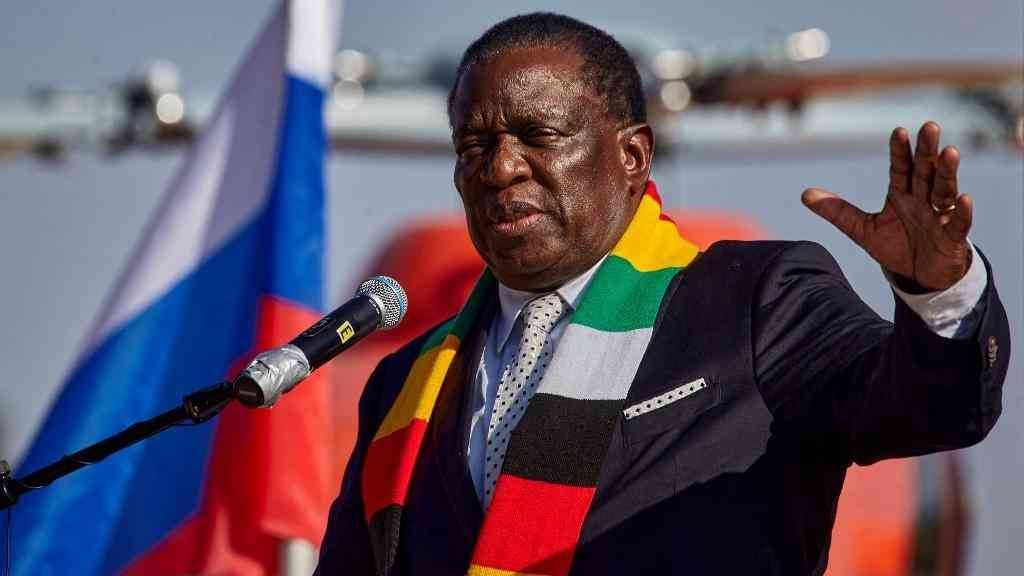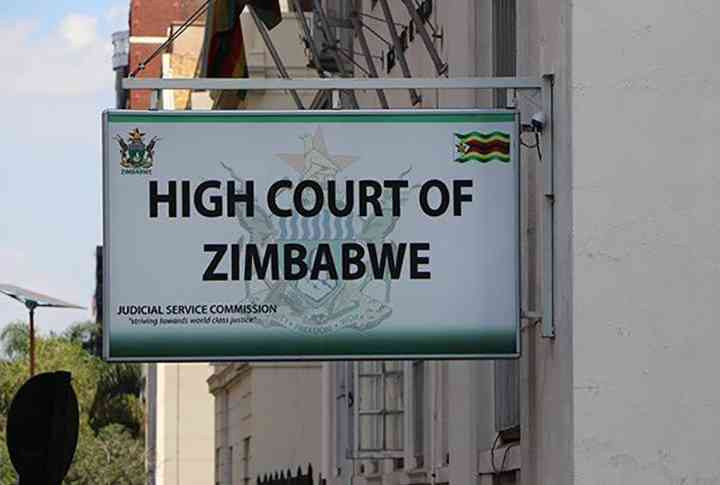
BY NOKUTHABA DLAMINI
In addition to being at the centre of socio-economic poverty and neglect, Nkayi villagers living on the shores of Shangani Dam are yet in another dilemma with gold panners that have invaded their river in search of gold.
Gold planners allegedly from Midlands province are said to have descended on the area close to the river after significant gold deposits were discovered soon after the government imposed a national lockdown to slow down the spread of Covid-19 in March last year.
Large numbers of people have been trekking to the area within the Nkayi district much to the chagrin of the local community, which fears that their water sources have already been polluted with dangerous chemicals such as mercury.
For Sibonile Ndlovu (57), a widow from Nkuba village under chief Tshugulu, the gold panners’ presence is disrupting their way of life.
“They came last year during the Covid-19 lockdown and they just don’t care about what people are going to survive on when they leave,” Ndlovu said.
“We rely on this river for our irrigation projects to feed our children while it is also our source of water to drink, but ever since they descended, we have been forced to drink contaminated water and even our irrigation scale has reduced as the river water levels reduce at a fast speed.”
Ndlovu’s neighbour said the group has marked its territory and thus causing conflicts between the community and the unregistered miners.
- Chamisa under fire over US$120K donation
- Mavhunga puts DeMbare into Chibuku quarterfinals
- Pension funds bet on Cabora Bassa oilfields
- Councils defy govt fire tender directive
Keep Reading
“They don’t allow people to fetch water or take their livestock to drink where they mine at,” Nkosiyabo Donga said.
“The challenge we face is that we hear that drinking water that has mercury or other substances they use to mine gold is dangerous and we think that is evident because we used to fish at some point, but since last year, all those fisheries can be hardly found.”
Ndlovu, who survived on growing vegetables for resale at Nkayi business centre, said she had been forced to drop the business as it has become dangerous to frequent the local river when the panners are around.
“At times they fight on their own, and often threaten villagers to vacate the river. we are intimidated yet our options are limited,” she said.
Other affected villagers are from Mkhalandoda, Mawuwini, Mathetshaneni and Sibuyu.
They fear for their livestock even more as water has been contaminated.
The area’s kraal head, Misomi Gwebu, said villagers now opt for dam water and boreholes, although during the summer period they tend to dry up.
According to a November 24, 2020 report on the turmoil in Zimbabwe’s gold mining sector by the International Crisis Group (ICG), the collapsing economy and the Covid-19-induced lockdown has seen an estimated 1.5 million people turning to artisanal mining as a safety net.
ICG said the trend will likely persist as Covid-19 brought additional hardships and spurred urban to rural migration.
Matabeleland North province police spokesperson Inspector Glory Banda said they will first investigate the issue before giving a full police position.
*This article was originally published by The Citizen Bulletin, a nonprofit news organisation that produces hard-hitting hyperlocal reporting and analysis for the southwestern region of Matabeleland.









